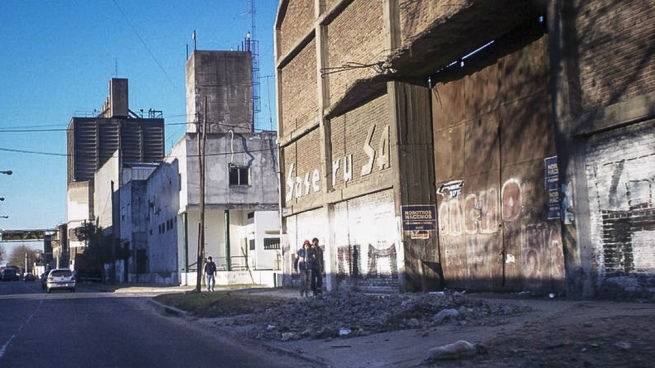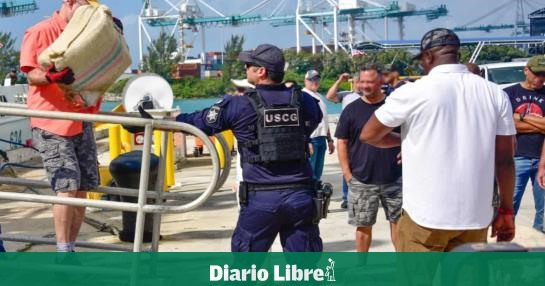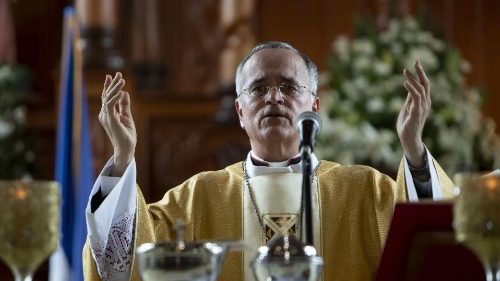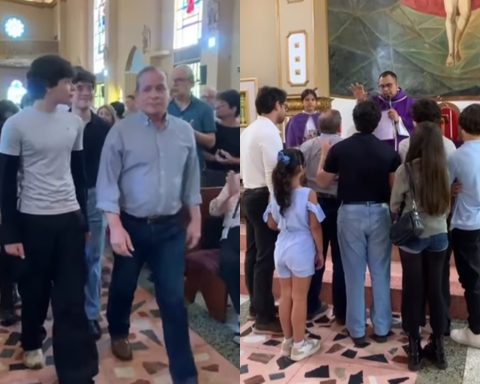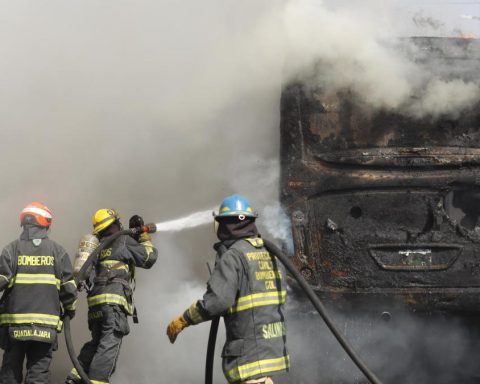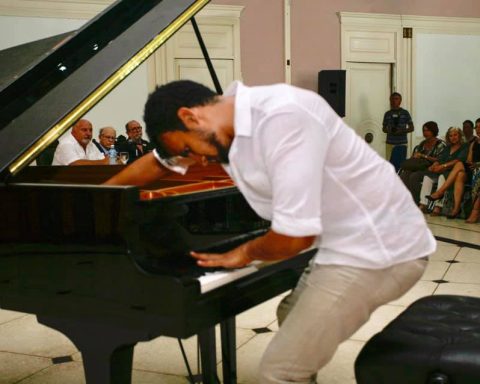Federal prosecutor Paloma Ochoa executed the first test measures aimed at establishing whether the bankruptcy of the Sasetru economic group, orchestrated during the last civic-military dictatorship, should be investigated as a crime against humanity, in response to an opinion prepared by the Prosecutor’s Office for Crimes against Humanity (Proculesa).
The prosecutor promotes actions to investigate the responsibilities that the directors of the Central Bank of the Argentine Republic (BCRA) who were part of the cabinet of the then Minister of Economy José Alfredo Martínez De Hoz had in these events.
In the mid-1970s, Sasetru was the main food producer in the country with more than 10,000 employees, ten manufacturing establishments and a presence in cities in Europe and America that consolidated it as the first Argentine multinational.
But the civil servants of State terrorism pushed it into bankruptcy plagued by irregularities that constituted dispossession, according to the complaint filed by Jorge Salimei Jr., one of the last directors of this conglomerate of companies.
Sasetru was the first Argentine multinational.
In 2013, Salimei filed a complaint for the Sasetru bankruptcy to be investigated as a crime against humanity, and it is currently being investigated by Federal Court Number 6.
At the request of the Federal Prosecutor’s Office number 10, in charge of Ochoa, who intervenes in the case, the Proculesa prepared an opinion indicating that it should be investigated whether the session of the group’s actions was carried out “through intimidation against the will” of the company directors.
Last December, Proculesa -in charge of federal prosecutor María Ángeles Ramos- requested in an opinion that “the illegal arrests” suffered by the directors of the company and the “illegitimate sale” of Banco Internacional (BISA) -owned by Sasetru al Bank of America by officials of the last military dictatorship.
Based on this study, Ochoa prepared a resolution issued on March 17, to which Télam agreed, and in which he requests that the BCRA send him all the information on the accounting books of BISA, to establish the real price and the destination of that sale.
From the lawsuit promoted by Salimei, it is stated that the operation was agreed at 150 million dollars and that that money “disappeared” the same day the operation was completed, on March 27, 1981.
One of the hypotheses that are followed in the case is that the arrest of the directors of Sasetru and BISA, which occurred before the sale, had the purpose of “taking them out of the way” to forge a transaction operation when in truth it was about a dispossession carried out with the complicity of BCRA directors.
Sasetru was established in 1949 and its name was an acronym formed by the first letters of the surnames of its first three partners, Jorge Salimei (father), Ángel Seitún and Fermín Trucco Aguinaga.
Over the years, it expanded its businesses in the oil and food industry: it exported 30% of the oilseeds and 20% of the country’s cereals.
In 1975, in the midst of “Rodrigazo”, a mega-devaluation determined by the Government of Isabel Perón, Salimei Sr. dies and his son Jorge must take his place in the company at the age of 20 along with his other two partners.

A few hours after the coup of March 24, 1976, the company began to suffer pressure from the military.which ordered the directors to hand over the files of each of the 256 delegates who were in Sasetru.
“It was to send them to their deaths. We couldn’t do it. Seitún spoke with a colonel and told him that there was no need, that people in the company were not causing problems. That’s when (Guillermo) Suárez Mason, head of the First Army Corps, called , and warned him that ‘If a single worker caused problems, we were going to go looking for you’. With that pressure we started to work with the dictatorship,” recalled Salimei Jr. in dialogue with Télam.
After the coup d’état, the military dictatorship imposed a financial valorization model executed by the Martínez de Hoz administration, which increased the interest rate exponentially and had a devastating effect on companies that needed financing.
To contain the price increase, Martínez de Hoz’s team defined an instrument that became known as “La Tablita” to calculate the percentage of devaluation of the Argentine currency. However, inflation increased much more than the programmed devaluation, so that the peso remained overvalued and the delay in exchange parity affected the export sector and had a devastating effect on Sasetru.
The company entered the call and, from the Central Bank, its deputy director Alejandro Reynal, who has lived outside the country since 1991, pressed for the creation of a trust made up of “a club of banks” that would take charge of Sasetru’s management.
However, the real objective was to strip Sasetru of one of its most important assets: the BISA, that he was forced to borrow and issue credits to government-linked firms that were never repaid.
The Central Bank and the Banco Provincia denied financing and at the beginning of 1981, the company with a debt of more than 500 million dollars went bankrupt and was forced to sell the Internacional to Bank of America, in an operation for which Sasetru received nothing. The operation was completed days before Reynal finished his term at the Central Bank.
The Sasetru Bank was sold without the authorization of the judge and with a maneuver for which “not one peso” was left for the owners of the group, according to Salimei himself.
After bankruptcy, 15 dirSasetru officers were accused of violating the economic subversion lawbut finally all were dismissed in democracy, and the company ceased its activities.
BISA, Sasetru’s bank, was sold by the dictatorship for 150 million dollars to Bank of America. The company did not receive a single dollar from that operation.
Ochoa asked the Special Unit for the Investigation of Crimes Against Humanity Committed with Economic Motivation of the Human Rights Secretariat to send him all the information it has on the transfer of Sasetru shares to a “banking committee” headed by Roberto Bullrich (then head of the BCRA), Reynal, Juan Ocampo (president of Banco Nación), Alberto Huergo (BISA comptroller appointed by the dictatorship) and Jorge Pedro Chirstenesen (representative of private banking in that maneuver).
Gabriel Arriola was a delegate of Sasetru and member of the food industry, and more than 40 years after the disappearance of the group, he believes that with these measures requested by Ochoa the path to “do justice” with the bankruptcy of that group began.
“The bankruptcy was a dispossession and we hope that justice can be done. It was a company that shared in the profits of all its workers and its bankruptcy left many people on the street. There were people without work who throughout all these years were dying of anguish. We hope that the investigation advances,” Arriola stressed in statements to Télam.
